Your RV water heater serves as the backbone of comfort during every adventure, from morning coffee preparation to evening cleanup after a long day exploring. However, this essential component faces unique challenges throughout the year as temperatures fluctuate, humidity levels change, and environmental conditions shift throughout the seasons.
Because of this, it’s important to understand how these seasonal variations impact your RV water heater and implement appropriate maintenance strategies to ensure consistent hot water availability while on the road. To help you with that, our guide examines how seasonal changes affect your RV water heater’s performance, along with practical maintenance solutions for year-round optimization of your system.
Understanding Seasonal Changes and Their Impact on RV Water Heaters
Since seasonal changes significantly impact the functionality and efficiency of your RV water heater, you need to know what these changes are. This section will provide an overview of how different weather conditions affect your water heater and offer practical tips to address these challenges effectively.
Winter Challenges
Winter presents the most severe threats to RV water heater systems. Water freezing inside the heater tank or connecting pipes creates expansion that can crack components, rupture seals, and cause extensive damage requiring expensive repairs or a complete replacement.
The heater must work significantly harder to maintain proper water temperature during this time, leading to increased propane or electrical consumption. Cold ambient temperatures force the system to cycle more frequently, placing additional stress on heating elements, thermostats, and other critical components.
You should also know that condensation forms inside the water heater compartment when warm, moist air meets cold surfaces. This moisture creates ideal conditions for rust and corrosion to develop on metal components, gradually degrading system integrity and reducing operational lifespan.
Spring Startup Issues
Spring brings transitional challenges as humidity levels fluctuate and temperatures vary significantly between day and night. These conditions accelerate corrosion formation, particularly when moisture becomes trapped in poorly ventilated compartments during storage periods.
On top of that, residual antifreeze from winterization procedures can contaminate the water supply if not properly flushed from the system. If you don’t really use your RV in the winter, you should know that sediment and mineral deposits accumulate during extended storage periods. This reduces heating efficiency and can clog water lines or heating elements.
The spring startup process often reveals damage that occurred during winter storage. This includes deteriorated anode rods, corroded fittings, or compromised seals that went unnoticed during the dormant season.

Summer Heat Stress
During the summer, high ambient temperatures create overheating risks, especially when the water heater compartment lacks adequate ventilation or receives direct sunlight exposure. Excessive heat can damage electronic components, warp plastic fittings, and reduce the efficiency of heating elements.
Even though it’s hot in the summer, you’ll still have a notable hot water demand due to frequent showers, dishwashing, and other activities. This usage pattern accelerates normal wear and tear while requiring the system to cycle more frequently throughout the day.
Extended operation during peak heat can cause thermal expansion issues with fittings and connections. If not taken care of, this can lead to leaks or reduced system pressure that affects the overall performance.
Fall Preparation Concerns
Like in the spring, temperature fluctuations between warm days and cool nights create thermal stress on water heater components. Repeated expansion and contraction cycles can loosen fittings, compromise seals, and accelerate wear on moving parts like pressure relief valves.
Fall represents the critical preparation period before winter storage. Water remaining in the system during unexpected early freezes can cause immediate damage, making proper timing essential for winterization procedures.
Accumulated wear from the summer often becomes apparent during fall inspections. In most cases, your RV will need immediate attention before you put it into storage to prevent minor issues from becoming major problems during winter storage.
Seasonal Maintenance Tips To Care for Your RV Water Heater
Knowing how seasonal changes affect your RV water heater’s performance is only half the battle, though. Proper maintenance of your water heater throughout the year is essential to ensure its longevity and efficiency. By following a few key steps during each season, you can prevent avoidable damage, reduce repair costs, and keep your system running smoothly.
Winter Maintenance Protocols
Draining your water system completely remains the most critical winter protection measure. Remove all water from the heater tank, supply lines, and faucet connections to eliminate freezing risks. Open all faucets and activate the water pump briefly to ensure complete evacuation.
Apply RV-specific antifreeze to protect any water that you can’t completely drain from the system. Never use automotive antifreeze, which contains toxic chemicals unsuitable for potable water systems.
Also, be sure to install pipe insulation around exposed water lines and consider adding insulation to the water heater compartment itself. These measures provide additional protection in extreme temperatures and reduce energy consumption when the system operates in cold conditions.

Spring Maintenance Procedures
Flush the entire water system thoroughly to remove antifreeze, sediment, and any contaminants that accumulated during storage. Run fresh water through all faucets until the discharge runs clear and odor-free.
Conduct comprehensive inspections for rust, corrosion, or leak evidence around fittings, connections, and the tank itself. Address any issues immediately to prevent issues during the active camping season.
Also, take the time to examine the anode rod condition and replace it if it’s more than 75% depleted. This sacrificial component protects the tank from corrosion, making regular replacements essential for long-term system health.
Summer Maintenance Requirements
Once summer hits, you’ll want to ensure there is adequate ventilation around the water heater compartment to prevent overheating. Clear any debris from vents and consider installing additional ventilation if overheating problems persist.
Be sure to perform monthly inspections of thermostat settings and heating element performance. Verify that the system reaches the proper temperature without excessive cycling or energy consumption.
Install protective shading over the water heater compartment as well if it receives direct sunlight exposure. This simple measure significantly reduces thermal stress and improves system efficiency.
Fall Maintenance Tasks
Conduct thorough system inspections to identify wear or damage that has occurred during the summer. Follow that up by addressing any issues you find before storage to prevent deterioration during the winter months.
Winterize your camper before temperatures consistently drop below freezing. Do this by draining the system completely and applying antifreeze protection according to the manufacturer’s specifications.
Document any maintenance performed and note component conditions for reference during spring startup procedures. This record helps track system health and plan future maintenance requirements.
Why Year-Round Care Matters
Consistent maintenance ensures reliable hot water availability for essential RV activities, including cooking, cleaning, and personal hygiene. System failures during remote camping can create significant inconveniences and make trips less enjoyable.
Whether you have an electric RV water heater or a more standard model, proactive seasonal care prevents major repairs that often cost significantly more than routine maintenance. Early detection of minor issues allows for simple fixes rather than component replacements or system overhauls. With the right maintenance, you’ll be able to extend your water heater’s lifespan, maximizing your return on investment while maintaining consistent performance throughout the unit’s service life.


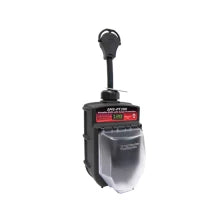
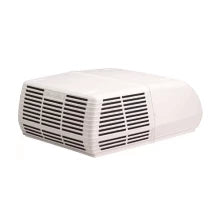
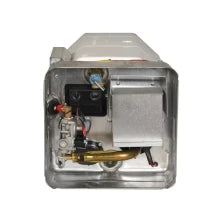
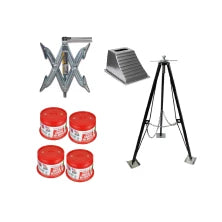
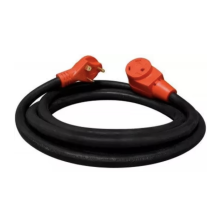
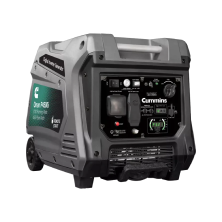
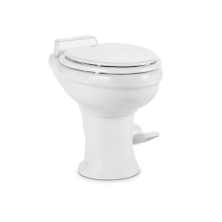
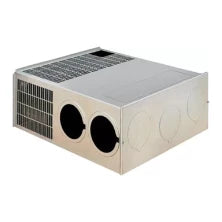
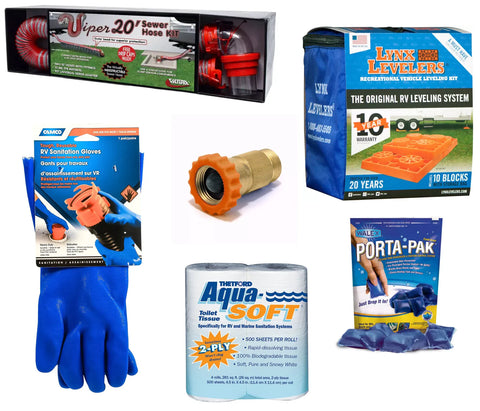
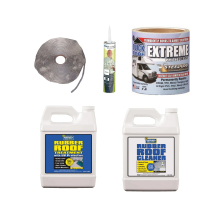
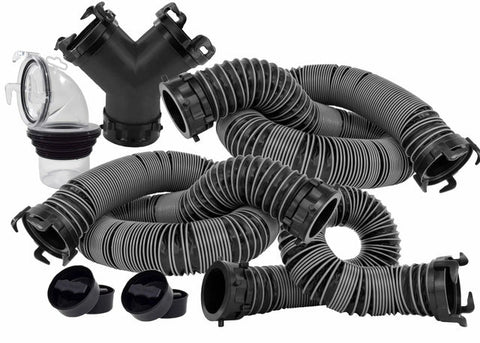
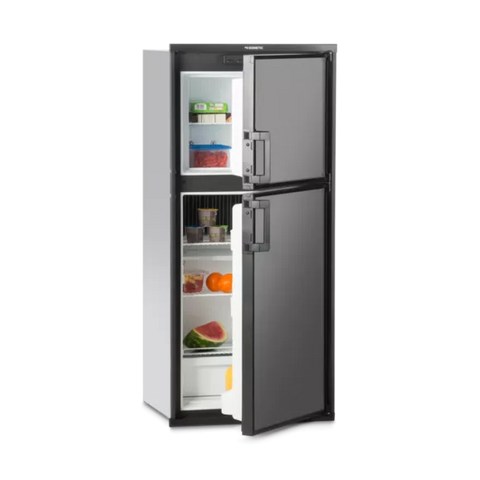
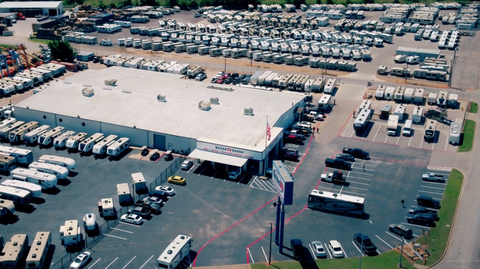
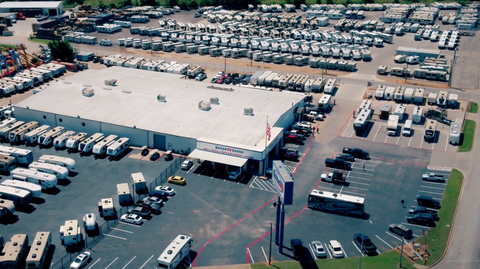
Comments (0)
There are no comments for this article. Be the first one to leave a message!